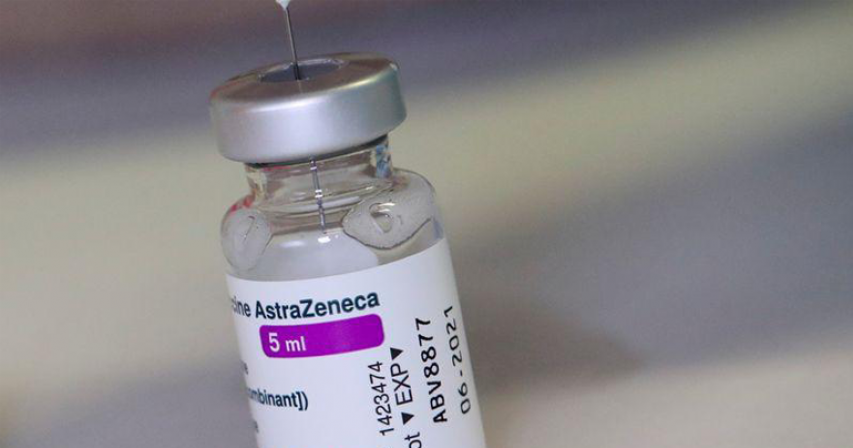Mexico, Brazil will not limit AstraZeneca vaccine after UK blood clot warning
- 4 years ago

Mexican and Brazilian health regulators said on Wednesday they would not limit the use of AstraZeneca’s COVID-19 shot after Britain’s vaccine advisory committee recommended not using it for people under 30, citing rare blood clot risks.
Mexico’s drug regulator, Cofepris, said in a statement that it was investigating the information raised by Britain’s Joint Committee on Vaccination and Immunisation (JCVI) and awaiting further input from Mexico’s counterpart.
“At this time, Cofepris does not plan to limit the use of AstraZeneca vaccines to any age or group,” the statement said.
Brazil’s health regulator, Anvisa, recommended continued use of the vaccines, saying that the benefits outweigh the risks.
Anvisa said Brazil had administered more than 4 million shots of the AstraZeneca vaccine and had registered 47 adverse clotting events. The agency said it was impossible to establish whether the clotting was linked to the vaccine, nor could specific risk factors be identified.
Brazil ranks only behind the United States in total COVID-19 cases and deaths. Mexico has the fourth-highest death toll.
The JCVI said it was preferable for adults under 30 with no underlying conditions to be offered an alternative to the AstraZeneca vaccine where available, due to reports of the rare side effect of blood clots in the brain.
Mexico has so far acquired 3.5 million doses of the AstraZeneca vaccine developed with Oxford University researchers, according to government data.
Some of that came through a loan deal with the United States, where the AstraZeneca shot is not yet authorized, and from an agreement with the Serum Institute of India, which produces the vaccine.
Mexico and Argentina also have a deal with AstraZeneca to produce its vaccine for distribution in Latin America, with financial support from the foundation of Mexican billionaire Carlos Slim.
Reporting by Cassandra Garrison in Mexico City and Jake Spring in Brasilia; Editing by Bill Berkrot and Peter Cooney / REUTERS
Comments